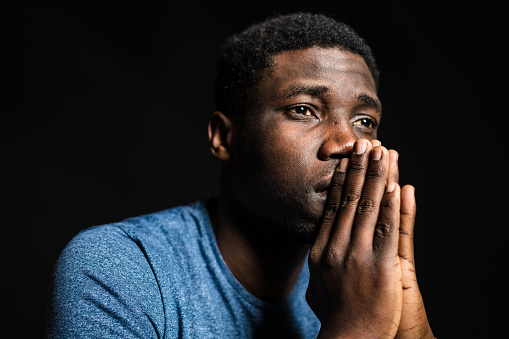By Derrick B, Muduku
It is 9:00 pm. Nantume Racheal, the owner of Snack Series Bakery located in Bugujju, a suburb near Uganda Christian University (UCU) is closing her shop and heading home. For many businesses around the university, 9:00 pm is prime time for students to purchase goods from them. However, Nantume’s day has ended and she is going home.
“My mind is tuned to closing up every time it reaches 9:00 pm. I got so used to closing early during the curfew that we worked under during the COVID-19 lockdowns,” she said.
Nantume who used to close her cake shop at 11:00 pm before the emergence of the COVID-19 pandemic says that she gets flashbacks of the way curfew was enforced in her mind.
” Sometimes, I just start imagining the soldiers walking around the area in lines. I automatically start to feel like there is something wrong I am doing,” she added.
Nantume says that the revenue she gets has drastically reduced as compared to the amount of money she generated before the COVID-19 pandemic emerged.
Bosco Akampurira, a student at UCU says that he finds himself going to buy supper by 6:00 pm.” I feel like I have a time limit to my schedules. By 6:00 pm, I instinctively have to be indoors,” he said.
Akampurira says that his mind is so tuned to being indoors by 6:00 pm and he struggles so hard to ensure that he is in his hostel room by that time.
During the lockdowns that were imposed on people in Uganda, the Government initially resolved to enforce a curfew that started at 7:30 pm and ended at 5:30 am. Eventually, an additional two hours were added, curfew started at 9:00 pm and the end time was maintained. The curfew was lifted by President Museveni on January 24, 2022.
At UCU, the lifting of the curfew has been embraced as activities such as night fellowships happen in the night. Students are also able to access the University premises and facilities like the library at the night.
Irene Ojambo, a Senior Counselor at UCU says that it takes a process for the mind to adjust from what it has registered
” When you condition the brain, it registers the situation. Making it unlearn the condition is a process. The process is called desensitization of the brain, “she said.
Ojambo adds that the mind also develops triggers that in particular, such people have got triggers for the curfew that was in place making it feel like there is a bell that rings in their minds telling them to pause everything and head back home.
Ojambo says that traumatic experiences could also be a reason that makes people react in such ways to situations.
“The way curfew was enforced was a little harsh at times. So, some people still have vivid memories of that and their brains have not yet processed them. The experience remains like a wound on their minds,” she said.
Ojambo says that fortunately, the brain is capable of naturally healing with time and people will get over some of the fears instigated by a curfew as time passes.
Ojambo says that there are also other factors like the upbringing of the person as well as temperament which influence how a person perceives a situation and handles it.


